
Eating is a part of life. Your body gets its nutrients from food. Sometimes we can go overboard with our eating habits and it can result in gaining weight. One issue with food is emotional eating.
The problem of emotional eating may end with the scale but it begins in the mind. Stress takes a toll on your life. When your defenses are compromised your health takes a hit and so do your emotions.
Everyone has good days and bad days. How we deal with the bad ones brings emotional eating into play. You look for comfort for your hurts. People who turn to food for comfort find a coping mechanism that won’t judge them, hurt them or tell them “no.” To complicate the issue, eating pleasurable foods can stimulate the release of endorphins just like exercise. So, after you eat, you feel better.
Emotional eaters use food to relieve stress. They hide behind the food instead of seeking solutions to the problems. This is not uncommon when the stressor is something horrible such as physical abuse or a death.
Are You an Emotional Eater?
But, how do you know you are using food in this way? The first sign is obvious. You will gain weight if you eat too much. In light of the weight gain, examine other areas of your life:
- Have you been under stress lately at work or at home?
- Has anything traumatic happened in the last year?
- Are you dealing with a problem but haven’t found a solution?
Answering “yes” to any of these questions could mean that you are an emotional eater. You eat but you are not necessarily hungry at the time. The foods that you choose are what we term “comfort foods”:
- High starch foods like French fries, fried foods
- High carb foods like macaroni and cheese, mashed potatoes
- Sugary foods like ice cream, donuts, cookies, cake
There is help for emotional eaters. The first step is recognizing that you have a problem. You’ll experience feelings of helplessness and guilt. The guilt is over potentially ruining your health and the helplessness lies in the fact that you don’t see a way out.
Seek Counseling
There are many types of counselors out there that can meet your need. Emotional eating has nothing to do with dieting or changing your eating habits but gaining control over your emotions.
A counselor might suggest things like visualization, practicing problem solving skills, relaxation techniques and family support. Visualization helps you to see your problems in a realistic way and not blown out of proportion. You will also learn to see food as nutrition for the body and not an emotional crutch.
Call on Your Support System
Your family can learn your triggers for stress and be on the lookout for changes in your eating habits. They can help you be aware of the foods you are eating, assist you in making healthy food choices, and exercise along with you.
Develop Coping Mechanisms
Proper diet and exercise increase immunity, blood flow, and positive thinking. Yoga enhances the mind/body connection so you don’t eat when you aren’t hungry.
Finding new ways to solve your problems and deal with stress will push food out of the equation. You’ll feel good about finding solutions which will replace the dependence on food.
Do you binge eat due to emotions? I eat when I'm bored, which is just as bad!


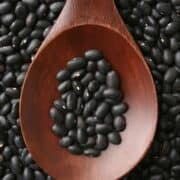

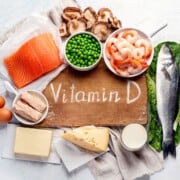
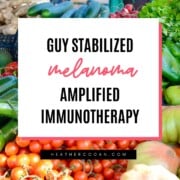


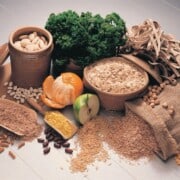

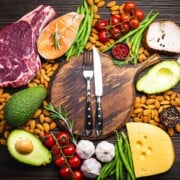


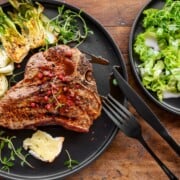
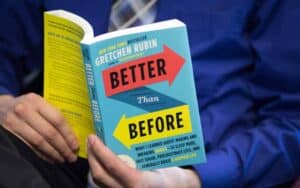



Desi says
I am a huge comfort eater, and getting over emotional eating has been a huge part of my struggle to get healthy. Gooey cheesy food, and half baked cookies are what I turn to when I'm upset. My biggest help has been to replace the food with something else when I need to comfort myself.
Jimmy says
I go a binge everytime I'm upset about something. I hope these tips work for me. Thanks, Jimmy
Lifemojo